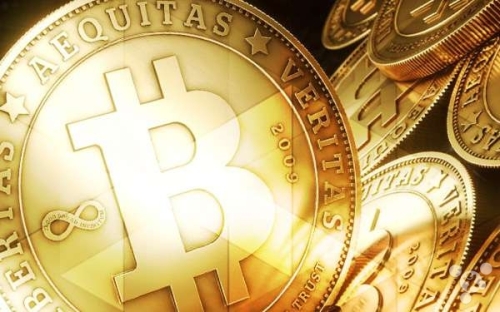
As the world's largest Bitcoin trading platform, Mt.Gox, after claiming bankruptcy protection, it claimed that nearly 200,000 bitcoins were recovered and other dramatic events, making the issue of bitcoin supervision once again a social focus.
It is undeniable that bitcoin-based virtual currencies have positive significance in reducing transaction costs and increasing capital availability, but they also pose significant risks to consumers and investors. In particular, they may be used for money laundering and terror. Financing and other illegal activities.
"Under the current law enforcement, we believe that the current set of regulatory measures is sufficient to guard against the threat of virtual currency in money laundering and other financial violations," said David Cohen, vice minister of counter terrorism and financial intelligence affairs at the US Treasury Department. A meeting in New York City stated.
As the most developed country in the global financial system, the United States has paid close attention to the regulation of virtual currencies and its effectiveness. Cohen refers to this set of regulatory measures refers to the United States Department of the Treasury's financial crime law enforcement network for a set of virtual currency regulatory framework.
According to the policy guidelines set by the US Treasury Department in March 2013, virtual currency exchanges and management companies are considered as money service providers and must register with the U.S. Financial Crimes Enforcement Network and fulfill their record and reporting obligations. Cohen said that the U.S. Department of the Treasury has two guiding principles for the supervision of virtual currencies. One is to promote innovation and the other is to ensure transparency.
In the past year, the U.S. federal prosecutors have launched several law enforcement actions on the “Silk Road†website, which uses Bitcoin to engage in money laundering and other illegal activities.
At the level of the federal government, the US Commodity Futures Trading Commission, the United States Securities Exchange Commission, the Internal Revenue Service of the United States, and the Consumer Protection Agency of the United States are also studying how to deal with the challenges posed by virtual currencies. However, at present, it has not yet seen these departments introduce specific policies.
The U.S. government is relatively cautious when it comes to formulating bitcoin supervision policies, and does not want excessive oversight of financial innovation because of regulation. However, the virtual currency changes rapidly. As regulators, it is necessary to monitor the development of the industry closely and introduce new policies and measures when necessary. Cohen said that they will continue to assess and adjust the supervision of virtual currency so that it can adapt to the development of the industry.
The state government level in the United States is also exploring how to integrate virtual currency into the existing legal framework and formulate more specific rules.
The New York State Department of Financial Services issued a public order on March 11th that companies can immediately submit proposals and implementation measures for the operation of virtual currency exchanges, and New York State will issue "bit licenses" for virtual currency companies operating in the region. The Financial Services Bureau stated that they plan to propose a regulatory framework for virtual currency no later than the end of the second quarter of this year, and that the management of virtual currency exchange operations will be compatible with the future virtual currency regulatory framework.
“There are still many questions about Bitcoin exchanges that need to be answered, how the exchange will operate, whether the transaction is secure, how the Bitcoin transaction itself will be managed, whether it will work again, and so on,†said NYSE senior trader, Greve of the United States. Marc Newton, chief technical analyst at executive partner company, remains cautious about the Bitcoin exchange.
The Texas securities commissioner John Morgan issued an emergency order on March 10 that prevented the state’s oil and gas exploration company, Balanced Energy LLC, from accepting investors to use Bitcoin to invest in the company.
"Frankly speaking, Bitcoin is still too risky. I don't want to replace the dollar in my hands with Bitcoin now," Newton said.
Tablet Pc Pad,Mobile Tablet,Scratch Pad Tablet Pc,Tablet Pc,Tablets & Presentation Equipment,Educational Tablet
